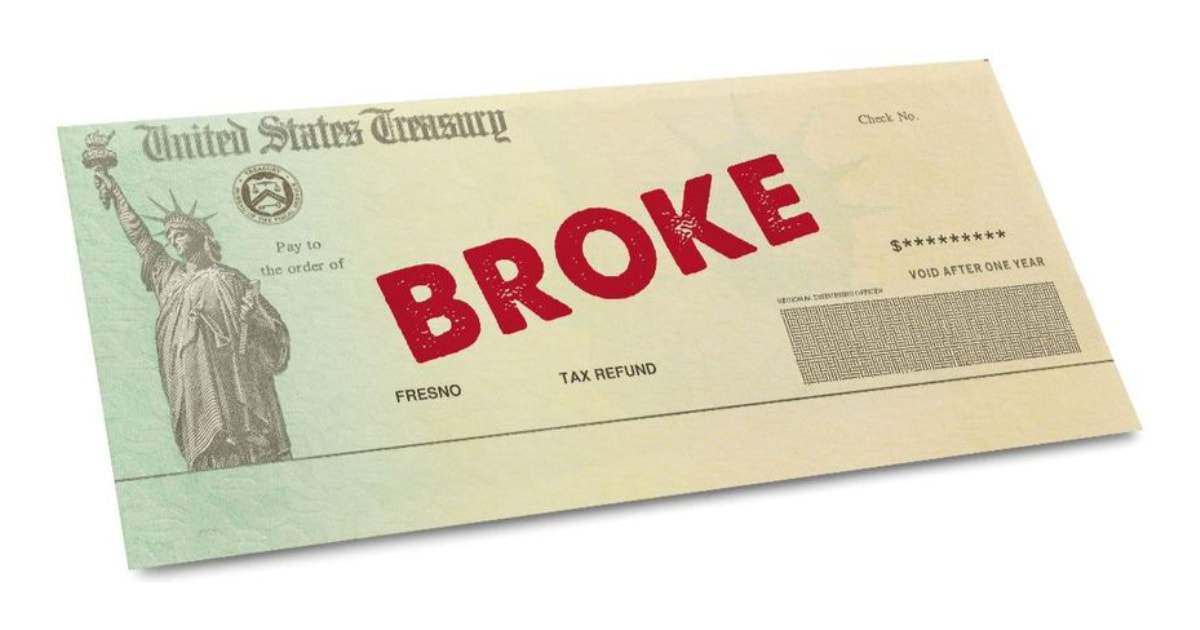|
By Jeff Deist Does America simply lack the political will to face economic reality? In the teeth of the Depression, Treasury secretary Andrew Mellon famously told President Herbert Hoover to “liquidate labor, liquidate stocks, liquidate farmers, liquidate real estate”—in other words, to resist bailing out any industry through state intervention. This was a tough sell even in those days, and of course Hoover succumbed to politics and took the opposite approach, greatly and needlessly damaging the US economy for decades to come. Less often quoted are Mellon’s follow-up words to Hoover: Liquidation would “purge the rottenness out of the system,” so “people will work harder” and “live a more moral life.” Mellon, having lived most of his life in an America without a central bank, understood economic recessions as necessary cures rather than ills to be avoided. But he also understood the human price that would be paid in the aftermath of a period of phony economic prosperity. Only hard work and personal sacrifice, person by person and town by town, could get America out of its economic mess. Fiscal and monetary policy would provide no free lunch, as millions of Americans learned the hard way in the 1930s. Fast-forward to 2022, and it’s hard to imagine Janet Yellen calling for liquidation or telling Americans to improve their moral fiber. Nobody votes for austerity or personal responsibility, and any politician or bureaucrat or central banker who even suggests it is doomed today. Yet this mythology of austerity persists, that a stingy federal Treasury and reticent central bank don’t intervene enough in economic crises. Consider this howler from Paul Krugman back in 2011, apparently delivered with a straight face: “One thing is clear: Mellon-style liquidationism is now the official doctrine of the G.O.P.” Keep in mind he wrote this several years into the most “extraordinary” monetary intervention in the history of the world—one which ultimately saw the US Fed purchase several trillions’ worth of Treasury debt from the “market”! Yet for Krugman, it is never enough. As the bruising midterm elections recently demonstrated, America is a deeply unserious country. A serious political discussion at the federal level would center on existential structural problems of war and peace, debt and the dollar, and entitlements. But these issues can be addressed only by real austerity and real pain. So instead, we distract and divert ourselves worrying about whether Donald Trump should be allowed on Twitter. We argue over flu viruses, guns, transgenderism, climate, and abortion (none of which the federal government has the slightest jurisdiction over) rather than the material standard of living we will leave our grandchildren. This is possible only because millions of Americans, maybe a majority, are simply economics deniers. They either don’t believe economic laws exist or think economics can be overcome by legislation, regulation, or central bank actions. And there are plenty of deniers among the ranks of professional economists! The profession does itself no favors when it cheerleads for politics, providing an intellectual veneer for interventionism. Human nature makes us want to believe untrue things, but economics should help disabuse Americans of political fantasies. Let’s face it: the US is not a free-market economy because we don’t much believe in markets, despite our lip service. Most Americans, and virtually all political, media, academic, corporate, and banking elites, believe economic intervention (fiscal and monetary stimulus) form the basis of our economy—not production and saving. So, what would a serious America do to correct our disastrous economic path? This may seem like an academic or rhetorical question, but it’s worth laying out the actual steps necessary to build a real economy rather than a fake one dependent on monetary or fiscal interventionism. As Dr. Mark Thornton recently explained, these steps may be conceptually simple even as they are wildly beyond political imagination today:
This, ladies and gentlemen, is what a real program of austerity looks like. That these actions are politically unfeasible—complete nonstarters—shows how politics dominates economics in America. The profession charged with explaining how no free lunch is possible instead mostly operates as a handmaiden to the state and its bosses. But politics won’t fix this, and we won’t vote our way out of trouble. The best path forward is at the state and local levels, attempting to build regional economies with less fragility in the face of the warring, borrowing, spending, and devaluing mania of Uncle Sam. This article was originally published at The Mises Institute.
Comments are closed.
|
Archives
July 2024
|



 RSS Feed
RSS Feed



